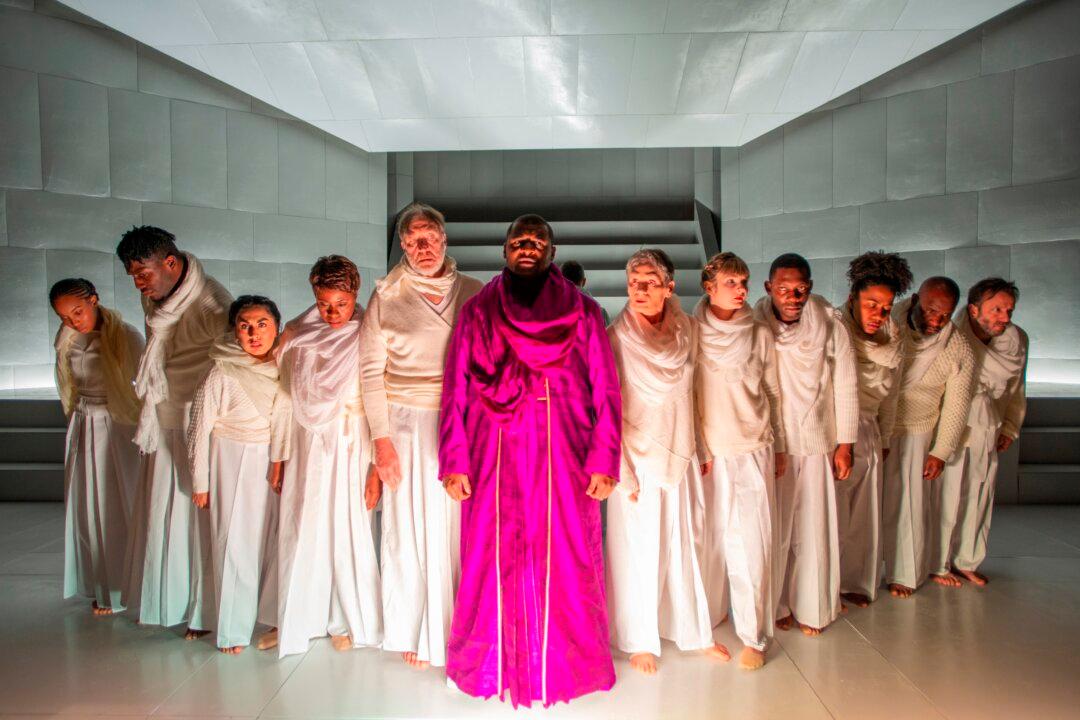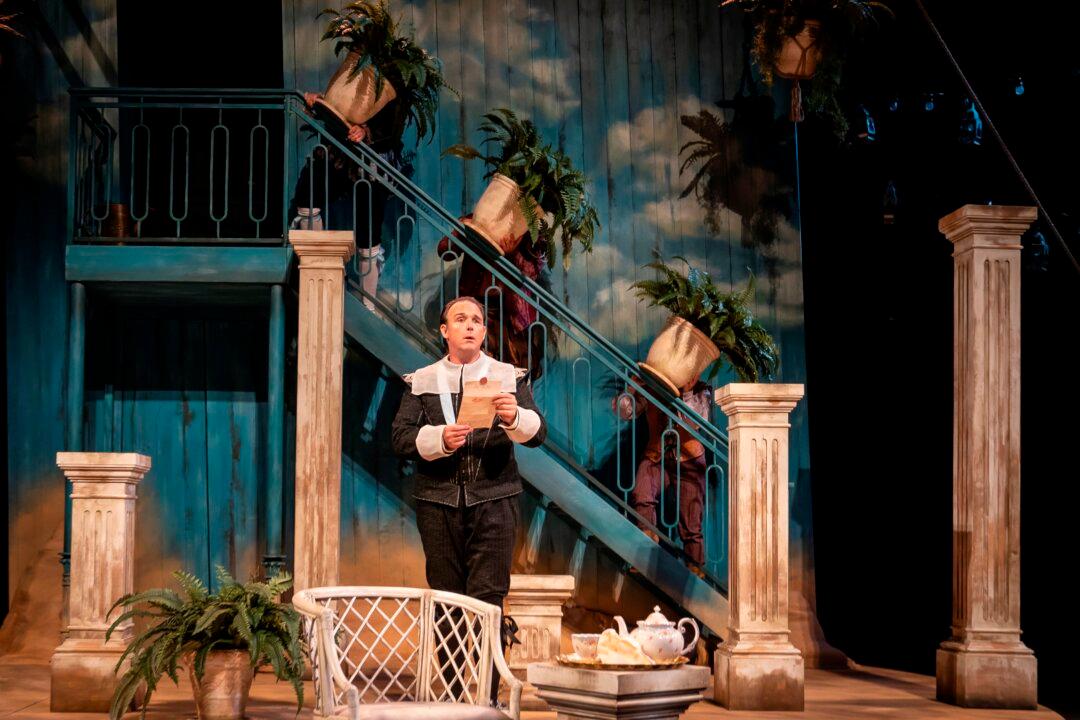For tenor Tom Jim Solon, who co-founded New York-based Canticum Scholare, early music is a miracle in many ways.
The very fact that medieval, Renaissance, and baroque music has survived for hundreds of years is astounding, Solon explained on July 21. Without electronic copies and without backup systems, this music has somehow missed fires and floods, escaped mishandling and misadventures, and come down to us as originals on parchments—handwritten by its composers.
With our reliance on computers and compositional apps today, it’s hard to conceive that these pieces were written in the first place, he said. The hours and hours of tedious labor to compose complete Masses seem unfathomable to us.
They were created for the glory of God and out of love.
, Canticum Scholare





